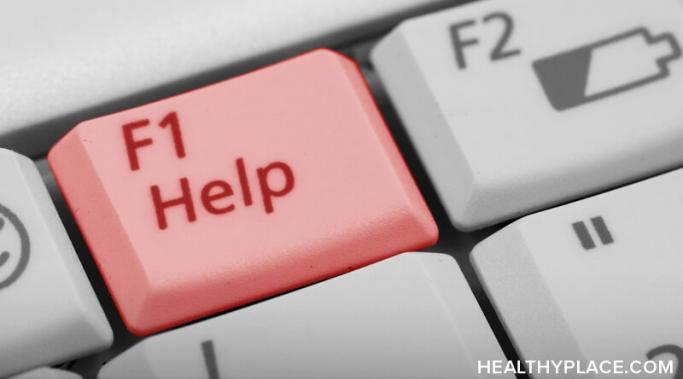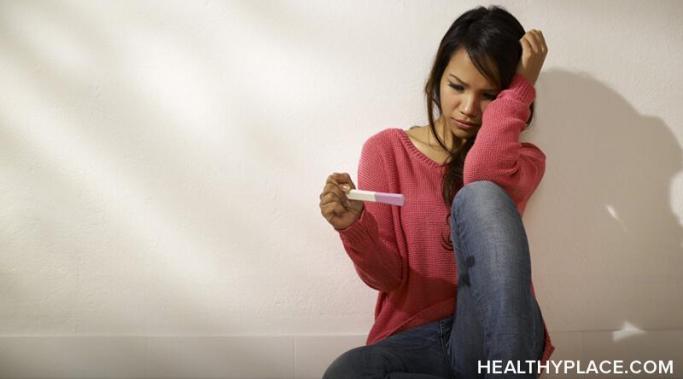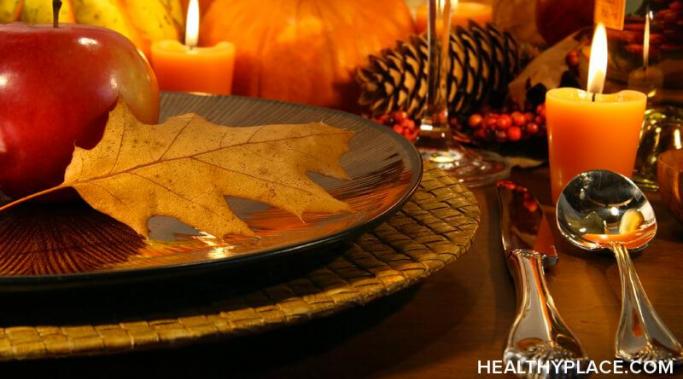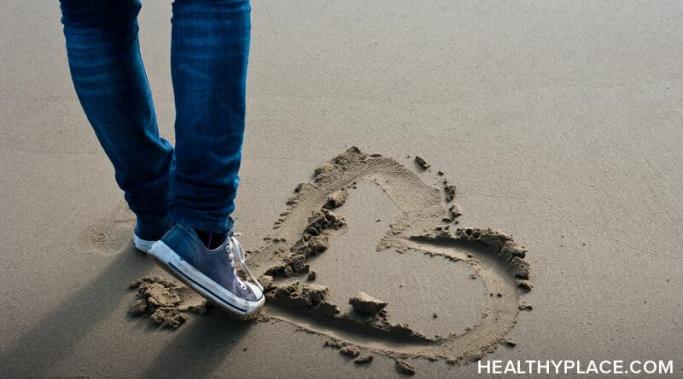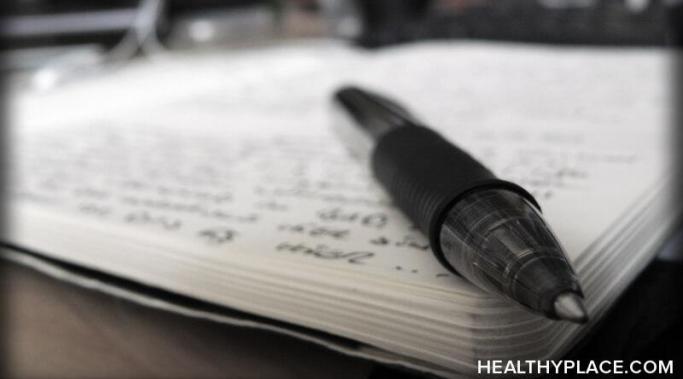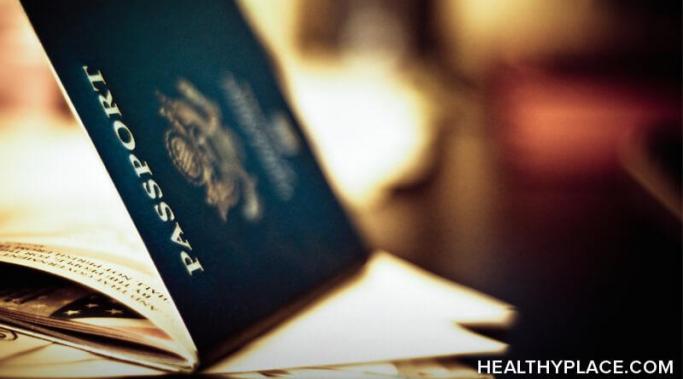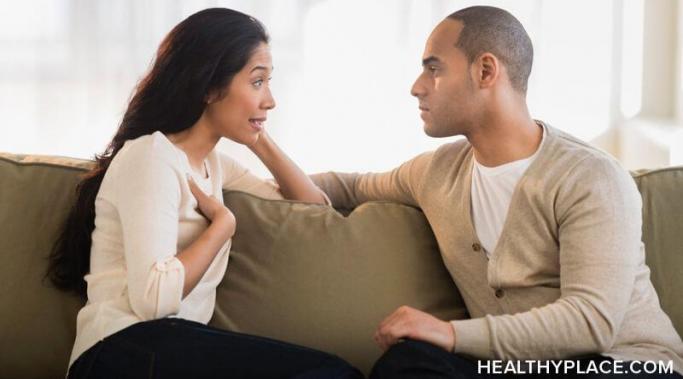When I spent three months in residential treatment back in 2010, the clinicians would frequently encourage the other patients and me to communicate and honor our needs. This practice was meant to teach us how to separate our own inner voices from the control and influence of an eating disorder. As well-intentioned as these clinicians were, however, I remember asking myself: "How can I learn to express my needs if I'm not sure what they are?"
Family Relationships
I was raised in a family that took holiday celebrations to a stratospheric level. We started listening to seasonal music in August. We had Christmas trees in almost every room of our house. We hosted multiple events—from Secret Santa exchanges with my parents' friends to cookie decorating parties with my aunts and cousins to the traditional feast with all of our exuberant Italian relatives. In this whirlwind of festivities, my mom turned entertaining into an art form, and her energy was infectious. But now that I am an adult, celebrating the holiday season on my own terms feels essential in order to prioritize my eating disorder recovery.
I’ve chosen to avoid pregnancy conversations over the years. I hesitate even to broach this subject in therapy sessions, and the reason is simple: I'm ambivalent about motherhood. The irony is I love children. I am a huge fan of my friends' little ones. I find my nieces and nephew irresistible. But I don't feel strong maternal instincts, and I lack the desire to parent children of my own.
Each year, as the calendar flips to November, I'm hit with a reminder of how complex the holiday season feels in eating disorder recovery. Of course, that's not unique to those with a history of eating disorders. This time of year can be overwhelming for anyone. In 2021, three out of five surveyed Americans felt their mental health worsen over the holidays, with 60 percent noticing a rise in anxiety and 52 percent noticing a rise in depression. Now couple all that with eating disorder stressors or behaviors, and this hectic season can become even more fraught. So with the 2022 festivities just around the corner, let's acknowledge it: The holidays are complex in eating disorder recovery—and that is alright.
I prefer the version of me without an eating disorder—honestly, I do. Just a few short years ago, I never thought I would be able to utter those words from a sincere, authentic place. But so much about a human can change and transform in recovery. I used to fear that I would not recognize myself in a healed state, that I would lose my sense of personhood in the absence of those compulsions and behaviors I identified with so strongly. This fear still creeps in sometimes, but now I can spot the distortion beneath it. These days, when I look in the mirror, it's deeper than recognition. I see the real me, not the masked, hollow pretense I once believed was me. It feels exposed and vulnerable, but it also feels right.
As someone who has been a professional writer for almost 10 years (and a writing enthusiast for my whole life), I am a firm believer in journaling. Granted, I have not maintained a consistent journaling rhythm in the season where I find myself now. But when I commit to this self-care practice on a regular basis, I feel connected to my goals, priorities, and intentions for healing. Moreover, I am compelled to take meaningful, decisive actions that align with those priorities. So if you, like me, have fallen into a journaling rut over the past weeks or months, here are some journaling topics to refuel your motivation in eating disorder recovery.
When I operate within the framework of an eating disorder, my life orbits around fear. I am afraid of consuming three balanced meals. I am afraid of not being able to squeeze in enough exercise. I am afraid of the number staring back at me on a scale. I am afraid of seeing the calorie count on a nutrition label. I am even afraid of existing inside my own skin.
This might seem like a bold, hyperbolic claim, but it just so happens to be true: I have no regrets about my eating disorder. Of course, there are some behaviors I am not proud of, relationships I have worked fiercely to restore, and memories I still flinch at. But in terms of actual regret, I simply think it's a wasted emotion. While I have absolutely no desire to relive those 15 years of battling anorexia, this formative chapter in my life transformed me into who I am right now—a person for whom I feel genuine love and respect. So if you'll indulge me for a few minutes, I will unpack why I have no regrets about my eating disorder.
I just returned from a two-week trip overseas to England, Scotland, and Ireland. I love to explore the beauty of this earth and immerse myself in all kinds of unique cultures, but if I am not careful, traveling will often coax my eating disorder back to the surface. While I do have quite an adventurous streak, I also tend to feel anxious when I deviate from my normal routine, which can open the door for a certain uninvited guest—otherwise known as my eating disorder—to hitch a ride on the trip. However, since I am not about to stop traveling, here are a few strategies I use in order to ensure this pesky eating disorder will not ruin my vacation.
Disclosing an eating disorder can be uncomfortable—even downright scary. In fact, research shows the prevalence of those who suffer from eating disorders is vastly underrepresented. A 2019 estimate from the Global Burden of Diseases reveals that as many as 41.9 million eating disorder cases were unreported over the course of just one year.
